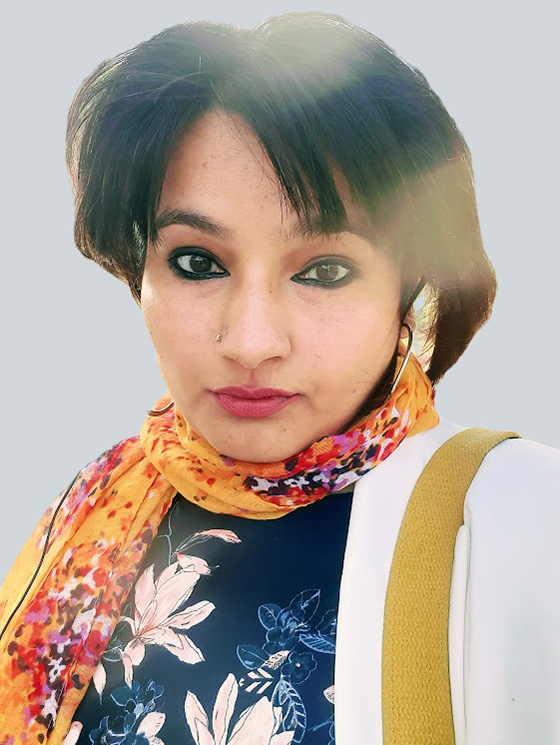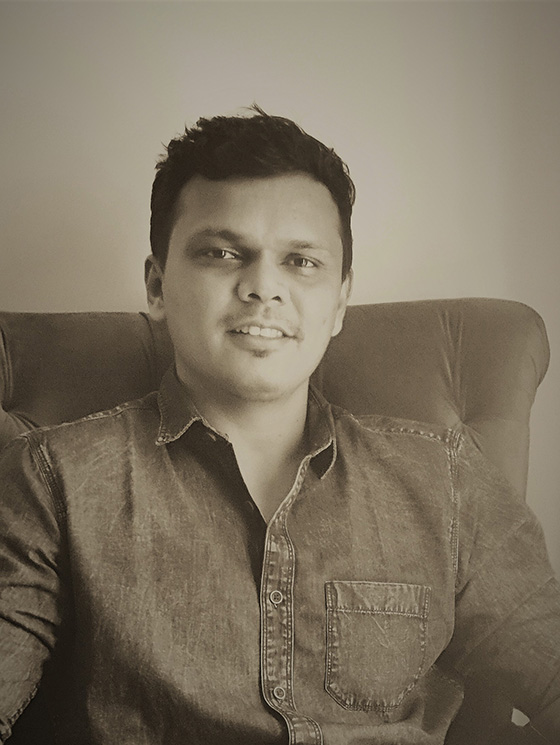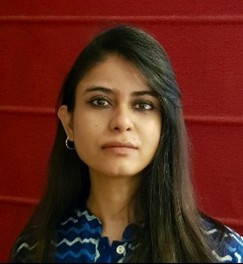As societies have become culturally, religiously, and ethnically diverse, the politics of identity has assumed greater importance as well has taken new forms. Given the diverse manifestations of identity politics in today’s time, this particular constellation aims to draw insights from different disciplines like history, sociology, political science, philosophy, and economics to explore and understand the ever-evolving field of politics, its impact on issues vital to society and their roots in historical processes. Adopting a critical social inquiry approach, the constellation research will combine empirical research, theoretical reflection, and archival work to problematise ideas and raise questions pertaining to the political.

.webp)
Associate Professor, JGLS

Associate Professor, JGLS


Associate Professor, Jindal School of International Affairs
In the run-up to the 2024 elections, the Bharatiya Janata Party-led government has made conscious political outreach to Pasmanda Muslims, who constitute 85 percent of the Muslim population in India. With an eye on backward Muslims, the BJP planned a sneh (affection) and samman (respect) yatra in the year 2023 highlighting the plight of Pasmanda Muslims and Muslim women. However, these overtures belie the everyday violence that underpins the demonisation of Muslims by the majoritarian government, with the majority of victims belonging to the Pasmanda community, whether lynching, demolition of properties, or incarceration.
Highlighting the issue of disproportionate violence inflicted on Pasmanda Muslims, the All India Pasmanda Muslim Mahaz report Bihar Caste Survey 2022-2023 and Pasmanda Agenda stated, “Ninety-five per cent of the victims of mob lynching and excesses by government bulldozers belong to the Pasmanda community.” This contradiction complicates the categories of caste and religion in the (Indian) Muslim context. This study aims to explore the interplay of caste and religion in the backdrop of Hindu majoritarian politics that produces Muslims as a homogenous category while at the same time projects itself as the messiah of the backward Muslims in its politics of exclusion and (mis)representation.
Through ethnographic fieldwork in the Muslim-dominated Rampur district of Uttar Pradesh, where BJP won in civic polls, this study will investigate how Pasmanda Muslims reconcile with BJP’s duplicitous politics that promises to empower them on the one hand and systematically targets them on the other.
Ambreen Agha, Swapnil Dhanraj
Chhath is traditionally a festival of the masses, celebrated mainly in Bihar, Jharkhand, and eastern Uttar Pradesh. A marker of socio-cultural identity, this festival is an expression of indigeneity that resists any attempts at homogenization of identity, rituals, and tradition. However, over the years, Chhath has moved out of its geographical confines into urban cities due to rapid migration. In these urban spaces, the celebrations of Chhath have led to its mainstreaming alongside other popular festivals like the Durga Puja.
Primarily a subaltern festival that prevent(ed) appropriation by the social elites [Sinha, 2023], today Chhath is marked by a “reverse trend” with its entry into metropolitan cities wherein the elites have adopted the subaltern culture. Given this change in the social aspect of Chhath, this study aims to explore the continuities and changes that exist in the performance of the rituals in this four-day festival across urban and non-urban social settings.
Does ritual performance enthrone hegemonic Brahmanical practices with the ‘priest’ as the center of activity, or does it dismantle Brahmanical performativity? It has been observed that Chhath celebrations blur the social boundaries across religious, caste, and gender lines in its traditional non-urban spaces. How are these social boundaries navigated in urban spaces? Does the celebration of Chhath in metropolitan cities continue to blur social boundaries or rigidify them?
Taking a multi-site ethnographic approach and Chhath as the subject of study, this paper advances the argument that there is a link between human migration and the mutation of socio-religious traditions.
Ambreen Agha & Kaushalya Bajpayee
In recent years, the role that emotions play in public life has taken center stage in debates and discussions around the rise of populist leaders across the world. These debates have delved into the productivity and counter-productivity of anger as well as relating it to ‘dialogical politics’.
In the philosophical traditions, anger has been relegated from the political sphere, which is primarily identified with “reason.” This dichotomy of reason and emotion is further problematized with the rise of right-wing populist parties that employ emotions and feelings of fear, anxiety, powerlessness, and anger in their political rhetoric. For anger to be channelized, political parties create an internal or external “enemy.”
However, anger is not monolithic. Understood as a political emotion, anger is a heterogeneous expression—an ongoing dialectical process that is both individual and collective, historical and social. This paper aims to conceptualize anger both as an expression of resentment that is mobilized by populist parties and an expression of resistance from below that challenges the dominant political narrative and hegemonic ideologies.
In doing this, the paper will explore the manipulation and mobilization of resentment into collective political anger by conservative parties and the existence of resistance movements to the exclusionary politics that comes with the resurgence of conservative politics, globally.
Ambreen Agha
Ambreen Agha & Aejaz Ahmad Wani
August 21: Muslims in Postcolonial Bollywood